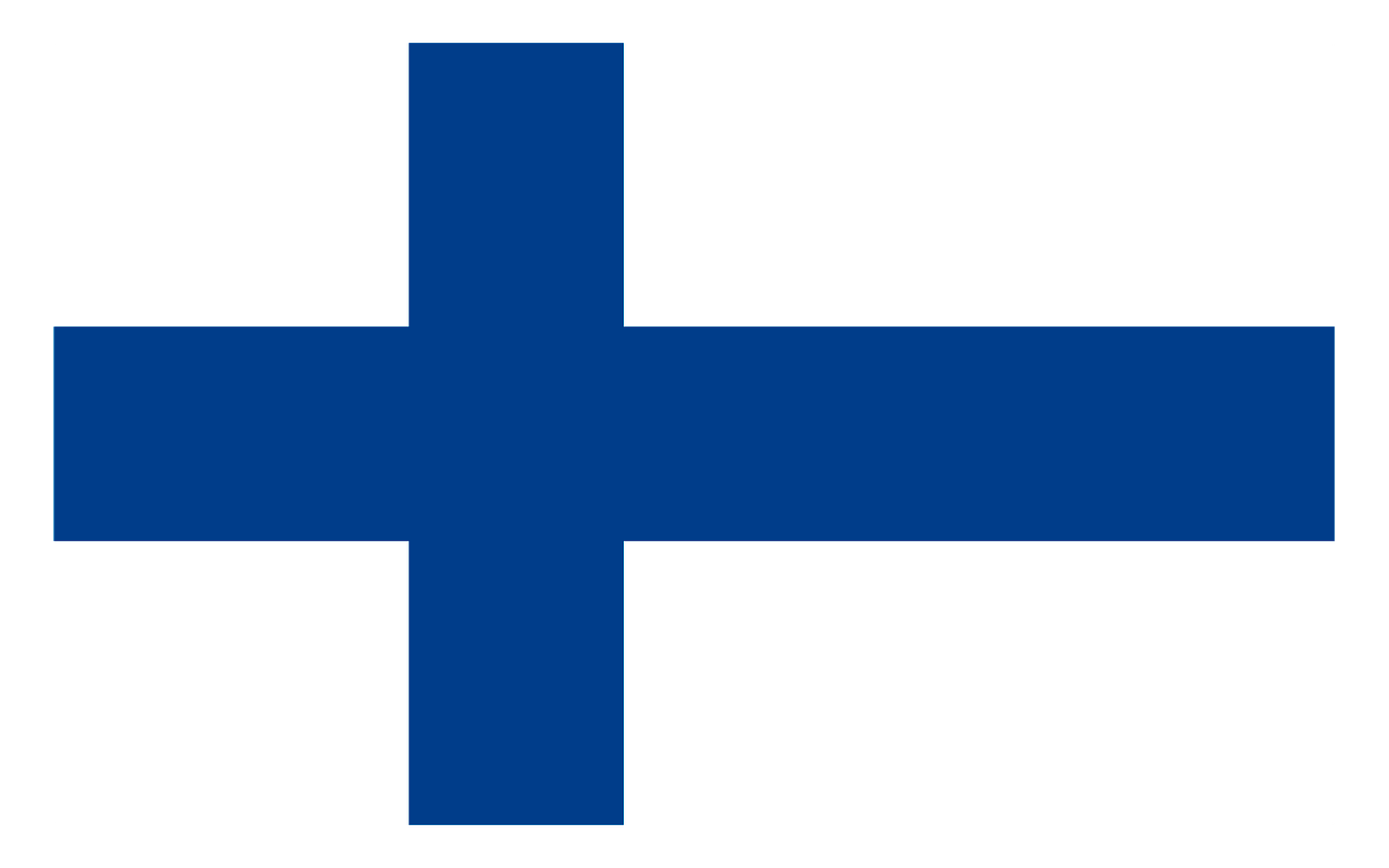FINNS: An Oral History of Finnish-Americans in New Hampshire’s Monadnock Region
Excerpted from FINNS: An Oral History... by Patricia Kangas Ktistes, 1997, all rights reserved.
… the “Ostrobothnian nature” played its own role [in causing higher levels of emigration from Ostrobothnia as compared to other areas of Finland]…. these very characteristics, a strong social selfassurance [sic], self-confidence and love of freedom showed forth in very large measure in the temperament of Ostrobothnian people....
Finnish national economist O. K. Kilpi
Becoming Americans - David Kangas
David Kangas
My paternal grandparents had a hard life before immigrating to Worcester, Massachusetts, where my grandfather John Kangas helped build the community’s first Apostolic Lutheran church. In Finland, he worked in sub-freezing weather cutting logs and in summer long hours for the landlord. My grandmother’s father, old man Kero, was a traveling salesman and alcoholic and his family had to beg from house to house while he was on his trips. Knock on the door: “Do you have any food? Do you have any clothes?” That’s what my grandmother Sannamaija grew up with. There were many beggars in the Finnish countryside. In wintertime, the girls in her family had no shoes but went outside barefoot to tend the cows. Their feet were so cold that when the cows took a crap, the girls would stand in the fresh manure just to warm their feet up.
Most Finns came here from Oulu and Ostrobothnia, the area of most fanatical opposition to the Russians. My Grandfather Kangas came from Ruha, south of Lapua. I don’t know why Lapua was anti-Communist because a lot of workers around Tampere, just down the road, were militant Communists. Many immigrant Finns were leftist. My father’s uncle down in Worcester was a Communist. When I was 14 or 15, I wanted to go visit the ‘Red Herring.’ My mother wanted to go, too, but my father said, “No interest. None.” I knew it was because decades ago, his father and this Red uncle got into a bitter argument in the kitchen and almost came to a fist fight. This uncle wanted Otto Kuusinen, Stalin’s henchman, to take over Finland. This uncle had to go out and sit in the car for awhile. When he returned, his wife said, “Don’t discuss this politics anymore. It just causes trouble.”
My paternal and maternal grandparents all attended the Apostolic Lutheran Church before breaking off to form the Independent Apostolic Lutheran Church. When I was growing up, Apostolic Finns had little interest in Finnish culture. Russia had been ruling Finland and there didn’t exist the same sentiment we now think of as national loyalty. Their attitude around the time of emigration was, ‘We don’t want anything to do with Finland and the state church. The state church is dead.’ That’s why they practiced religious and social separatism over here.




Interesting. My Mumuu, dad and uncles attended the independent Apostolic Lutheran Church. They held their services in people's homes. I also attended these services. When a minister from Finland came to preach the services were held at the Apostolic Lutheran Church in town. Some of the Finns would feel the spirit and roll around on the floor. Thus the name "holy rollers."
Thanks David for that family history.